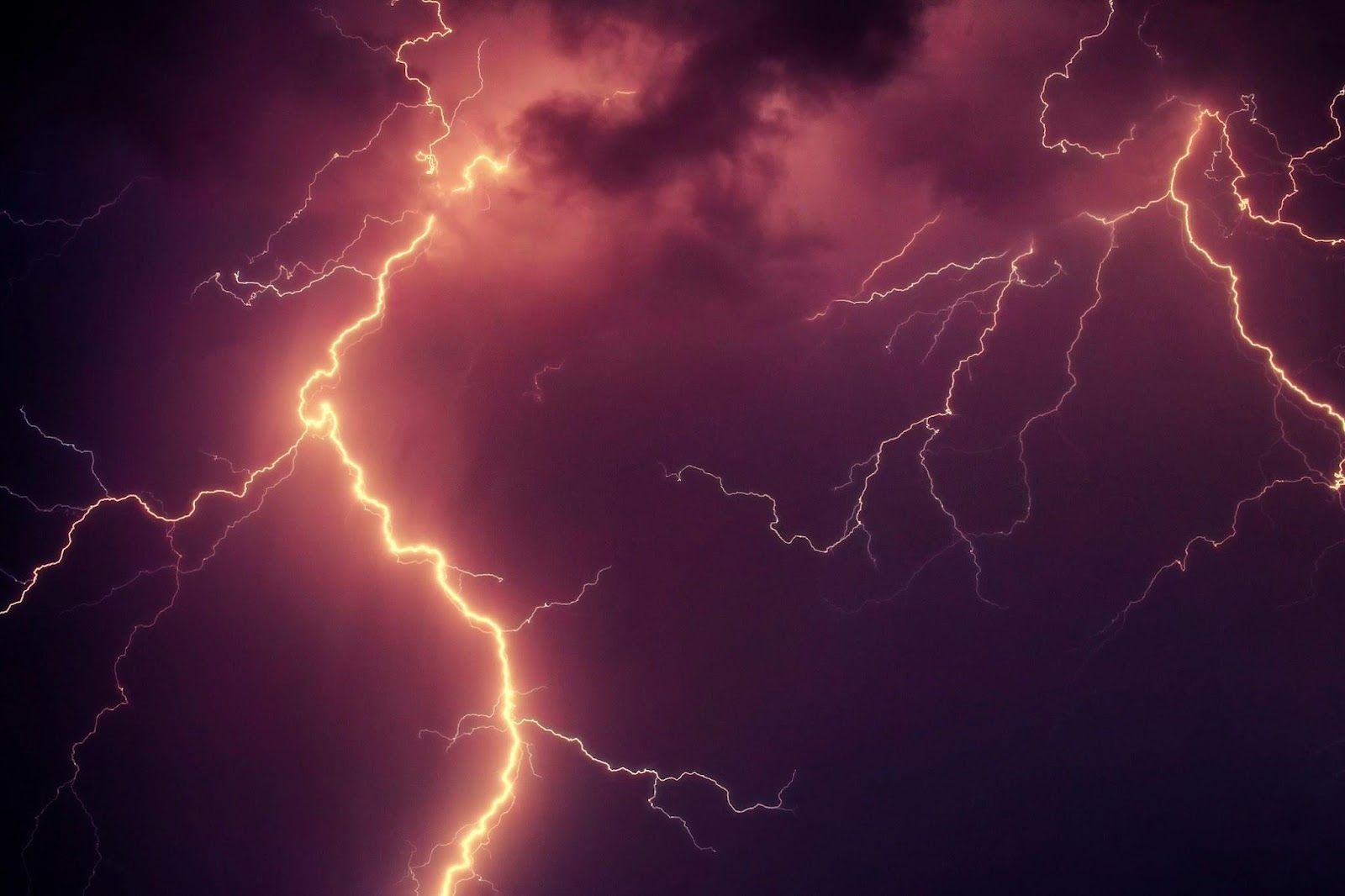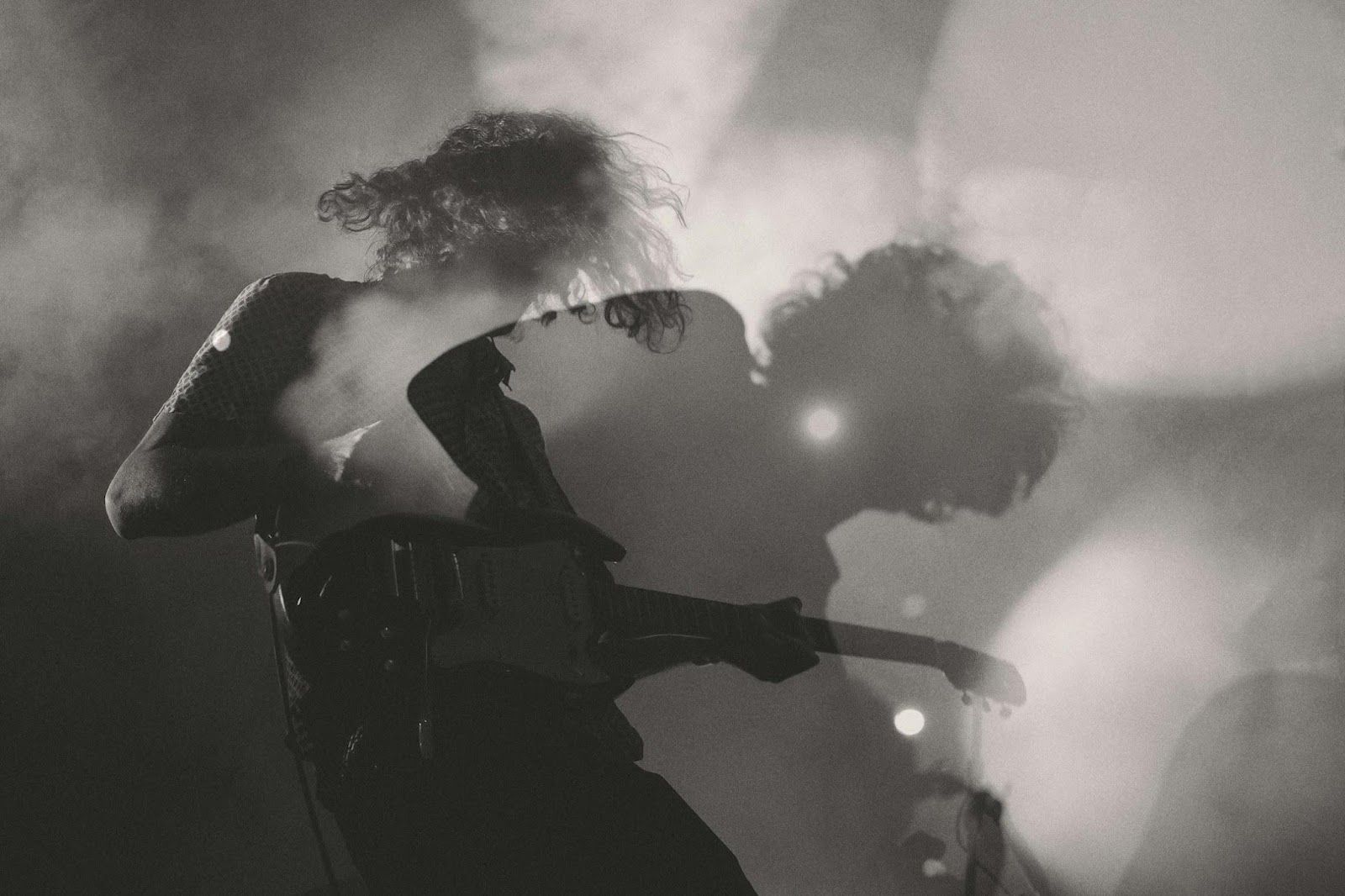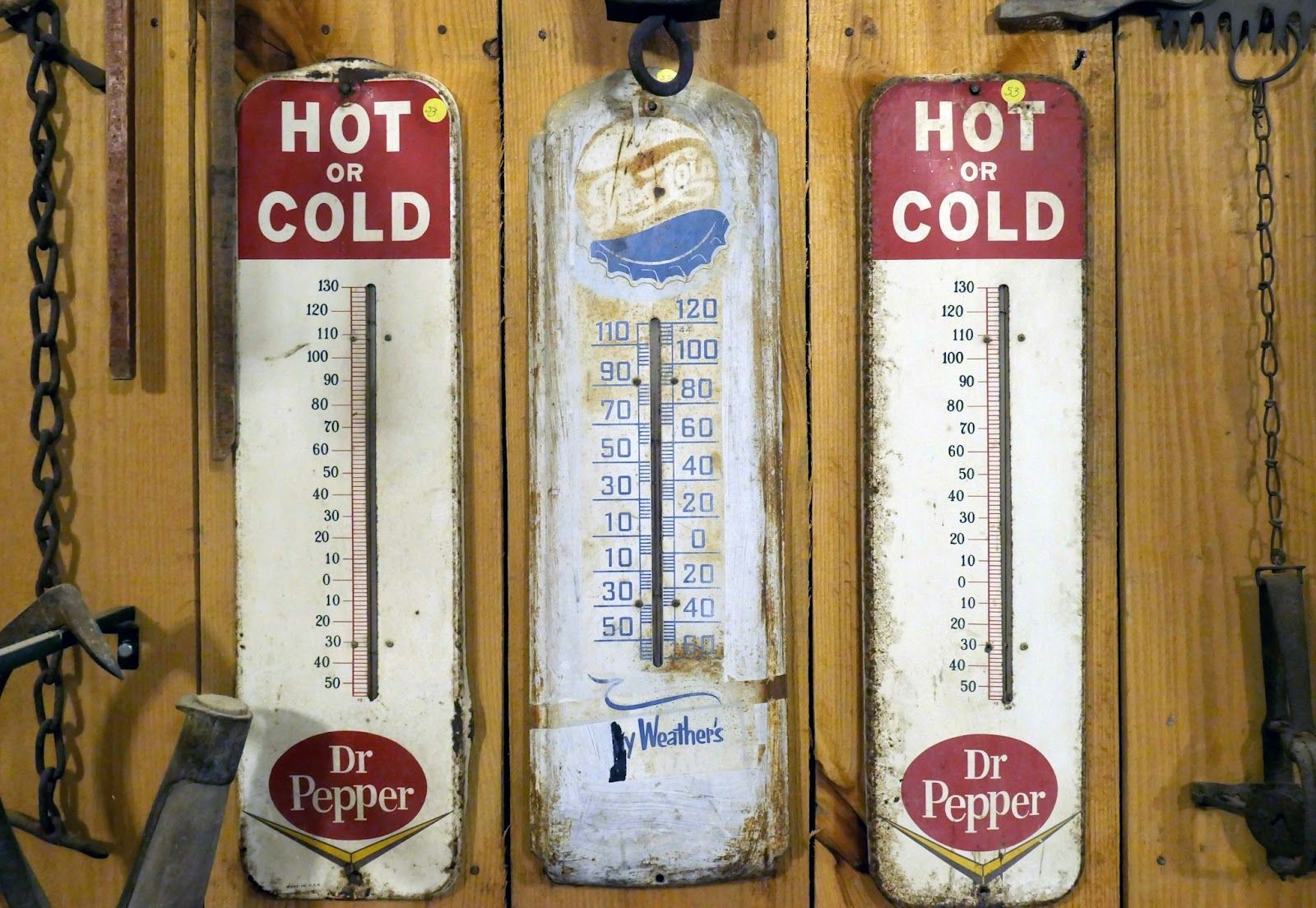From "The Great Gatsby" to "Moby-Dick": 11 legendary last lines in books
Published on November 14, 2025
 Credit: congerdesign
Credit: congerdesign
Some book endings have a way of lingering, long after the last page has turned. A single closing line can hum in your mind like a familiar tune. Whether it speaks of lost dreams, endless seas, or the stubborn heartbeat of hope, these mysterious and powerful final words prove that truly great stories don’t just stop; they stay, echoing softly through time.
The Great Gatsby by F. Scott Fitzgerald
 Credit: Girl with red hat
Credit: Girl with red hat
Few lines have rippled through American literature quite like this one: "So we beat on, boats against the current, borne back ceaselessly into the past." This ethereal sentence, a meditation on human longing, manages to convey the characters’ struggles perfectly.
Believe it or not, Fitzgerald nearly left it out—early drafts of The Great Gatsby ended on a very different note. Yet, with these beautiful words, he transformed the story of the enigmatic millionaire from a tale of heartbreak into something eternal.
Adventures of Huckleberry Finn by Mark Twain
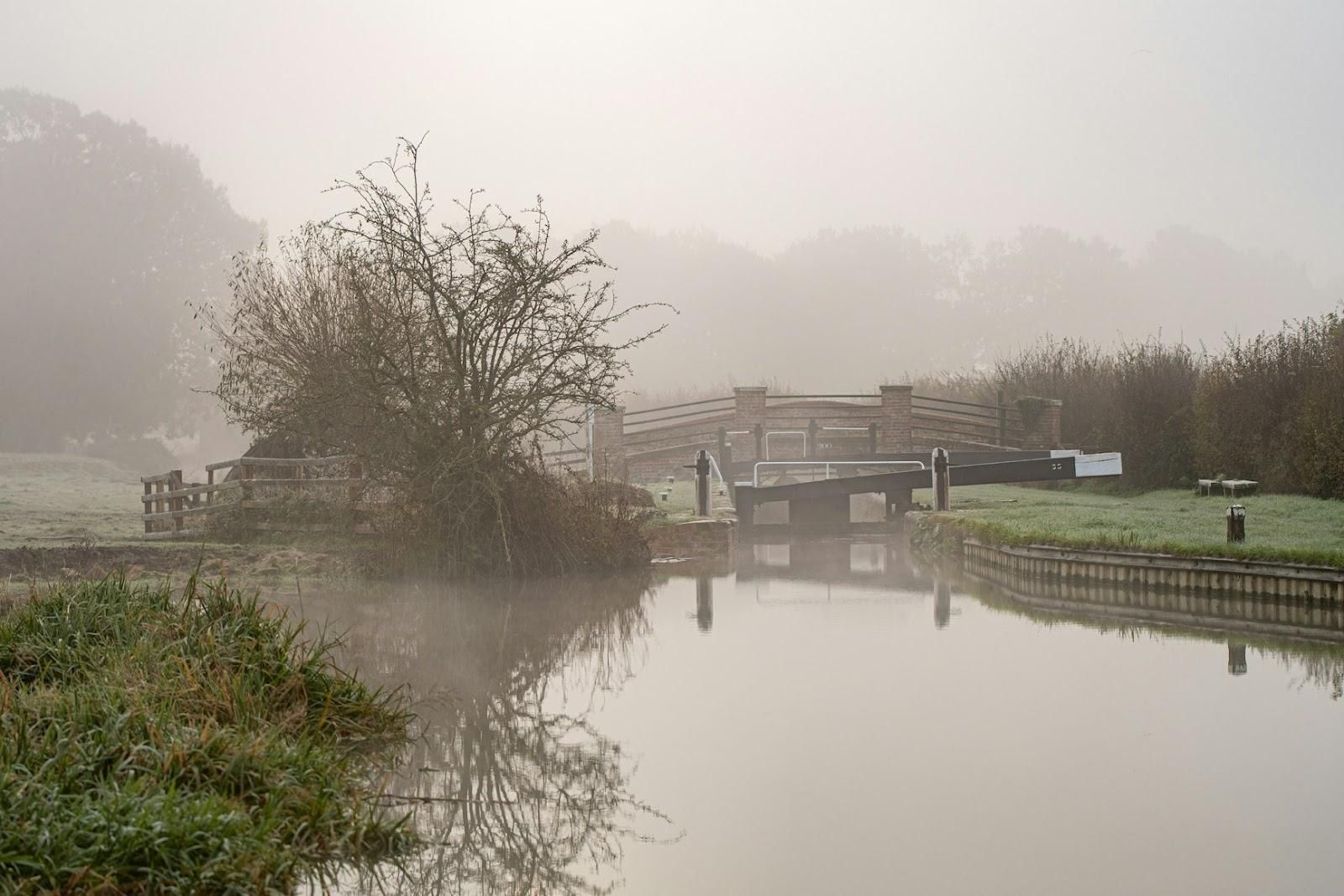 Credit: Simon Godfrey
Credit: Simon Godfrey
Before there were rebels without causes, there was Huck Finn: "I reckon I got to light out for the Territory ahead of the rest…" Mark Twain doesn’t tie a neat bow but leaves the ending wide open. Huck turns his back on "sivilization," a word as bent as his grin, and slips into the great unknown. No plans, no apologies, just the irresistible pull of freedom. The novel ends, but Huck’s journey keeps running, wild and unpaved, reminding us that sometimes the bravest choice is to keep moving.
Frankenstein by Mary Shelley
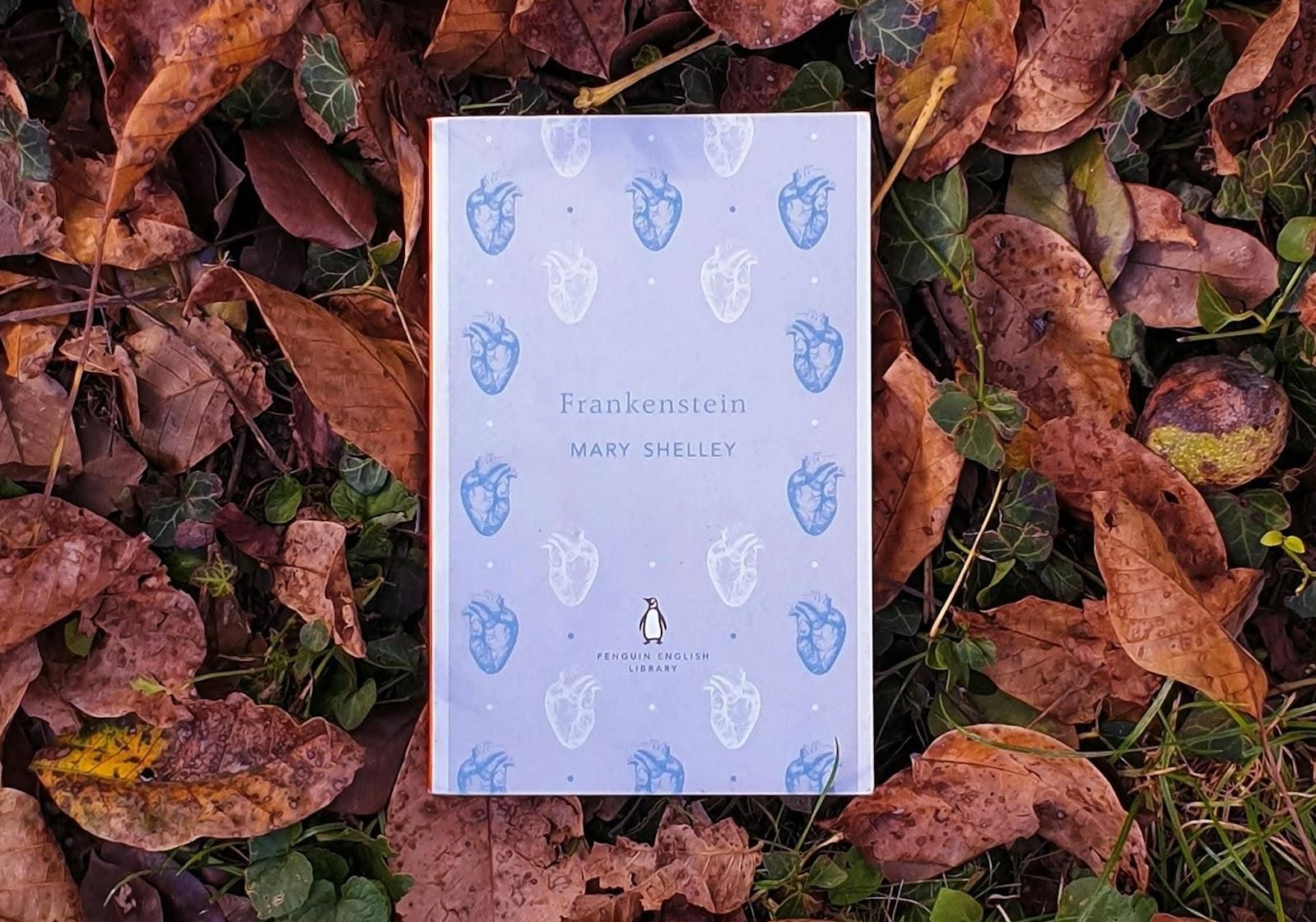 Credit: Viola Kovács
Credit: Viola Kovács
Long before anyone dreamed of "sci-fi," a teenage Mary Shelley was already writing the future. At just 18, she envisioned a lost creature: "He was soon borne away by the waves and lost in darkness and distance." The final line in Frankenstein doesn’t end a story so much as it dissolves it, like breath disappearing into the cold. Shelley’s closing image is both haunting and tender, a vision of creation undone by loneliness. As the monster drifts into the Arctic night, we’re left not with horror, but with a strange, aching sorrow.
Finnegans Wake by James Joyce
 Credit: Marek Piwnicki
Credit: Marek Piwnicki
Ever stumble upon a book that refuses to finish? James Joyce’s Finnegans Wake does exactly that. Its last line, "A way a lone a last a loved a long the…" stops mid-thought, looping seamlessly into the novel’s opening words. It’s less an ending than a perfect circle, a dream with no edges. Reading it feels like chasing meaning through fog: slippery, rhythmic, and strange. Do these words sound like an incomprehensible linguistic puzzle to you? Don't worry, it happens even to the brightest minds! Scholars have spent decades trying to unravel its logic, and many admit they still haven’t cracked it.
The Handmaid’s Tale by Margaret Atwood
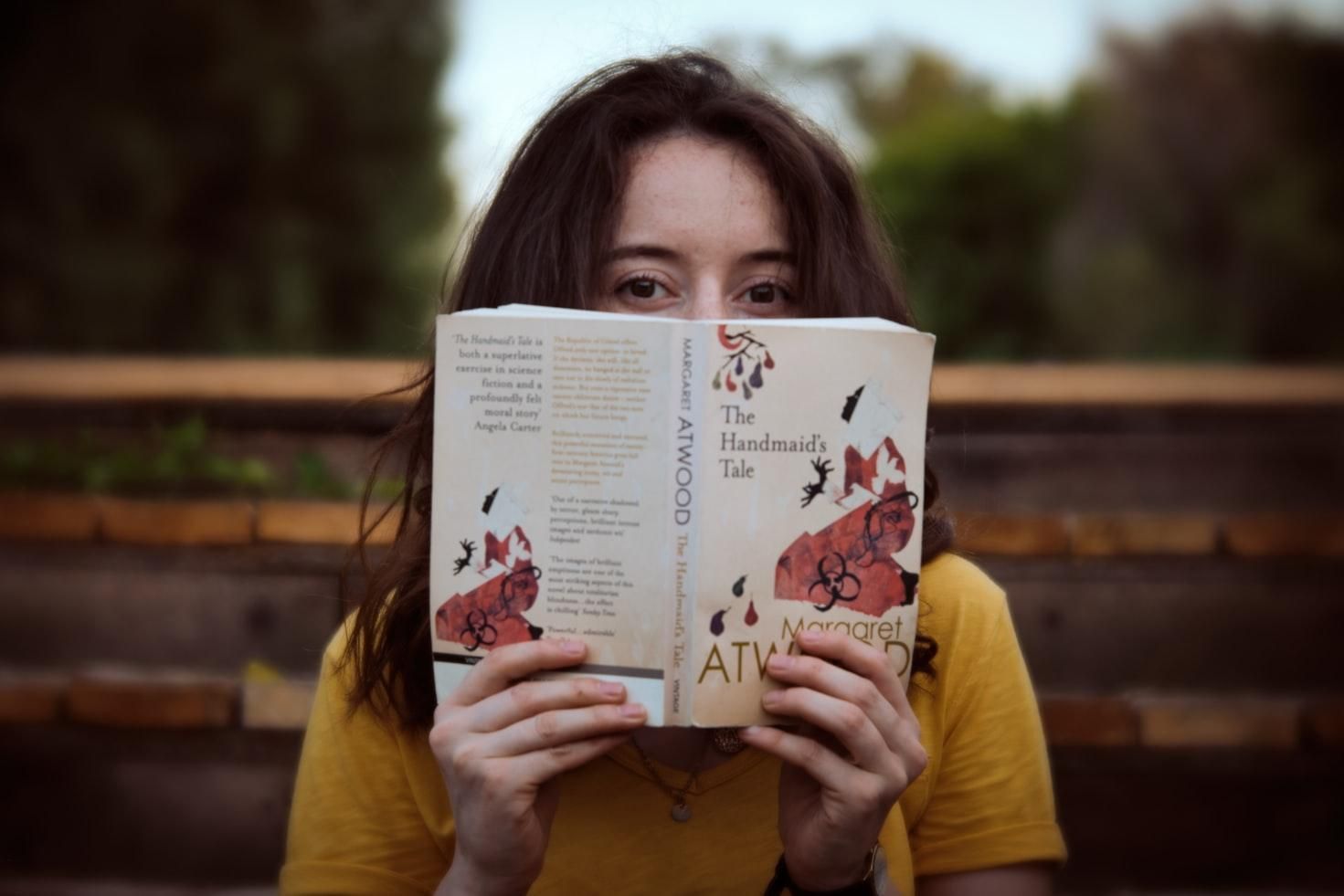 Credit: Umid Akbarov
Credit: Umid Akbarov
Margaret Atwood closes The Handmaid’s Tale not with a scream, but with an invitation to reflect: "Are there any questions?" The effect is eerie and brilliant: history has moved on, and so it seems humanity has as well. The story doesn’t end in despair, but in endurance. Even after oppression, there’s someone left to ask questions, and with some luck, there’s someone else to listen to the uncomfortable answer.
The Catcher in the Rye by J.D. Salinger
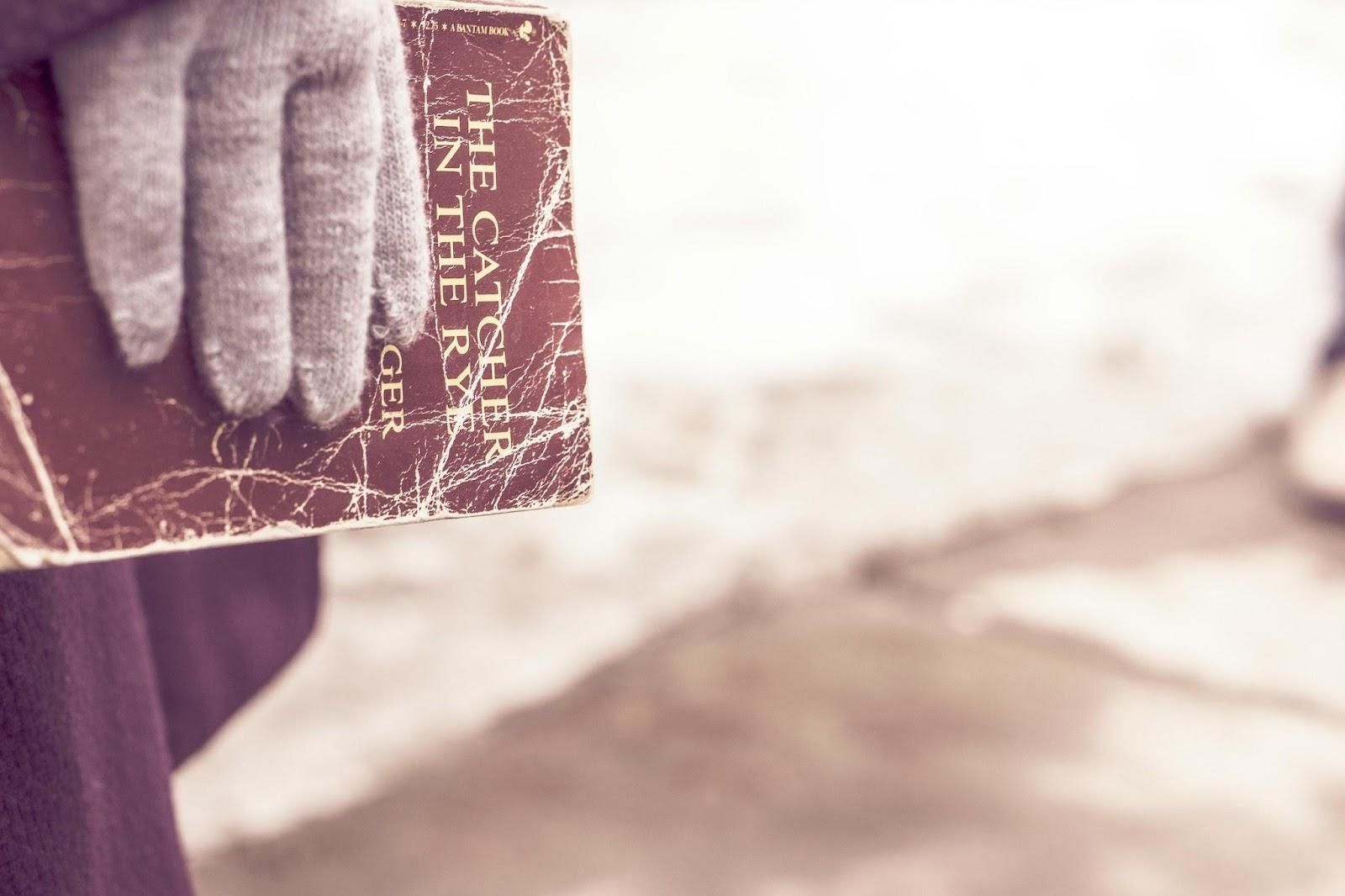 Credit: Gratisography
Credit: Gratisography
Holden Caulfield’s final words drift out like a sigh: "Don’t tell anybody anything. If you do, you start missing everybody." It’s the quietest kind of heartbreak, the kind you only recognize when it’s too late. After pages of rants and sarcastic honesty, he finally admits the cost of connection. The boy who couldn’t stop talking suddenly wishes he’d said less. It’s cynicism hiding loneliness, contradiction at its purest. In that single line, the troubled teenager in The Catcher in the Rye grows up just enough to realize he’s still lost.
The Old Man and the Sea by Ernest Hemingway
 Credit: Annie Lang
Credit: Annie Lang
After wrestling the sea and his own limits, the old man drifts into sleep. "The old man was dreaming about the lions", the narrator says. The line is pure Hemingway: stripped of ornament, yet shimmering with meaning. Those lions aren’t just a memory; they’re his soul returning to its wild beginnings, to the freedom of youth and the fierce joy of being alive. The Old Man and the Sea ends not in loss, but in quiet transcendence: the sea may have taken the fish, but not the dream.
The Grapes of Wrath by John Steinbeck
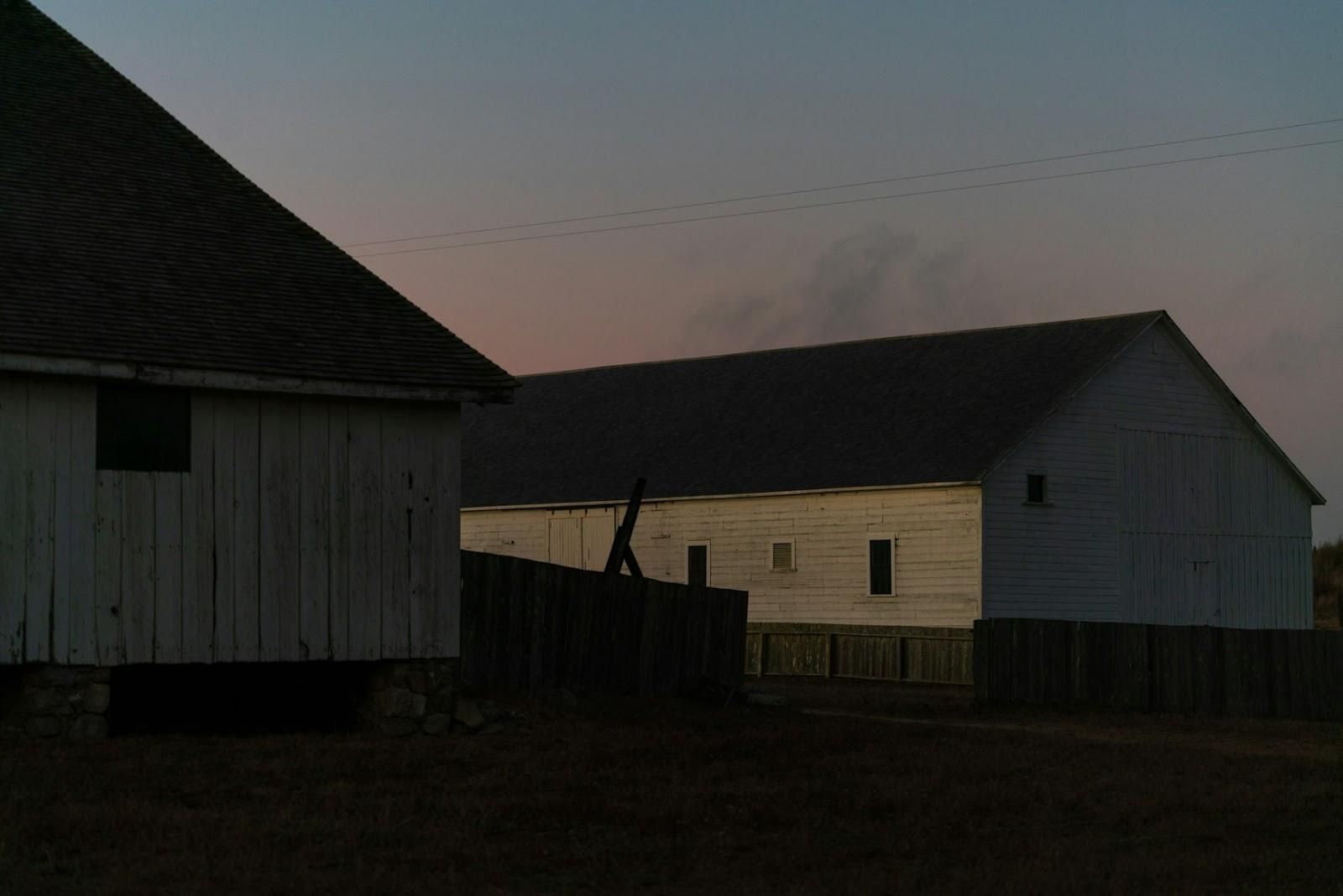 Credit: Mason Field
Credit: Mason Field
In a quiet farm, amid hunger and dust, there’s hope: "She looked up and across the barn, and her lips came together and smiled mysteriously." After pages heavy with struggle, John Steinbeck chooses not to end in despair. It isn’t quite triumph, not even resolution, but something more enduring. In the smallest gesture of kindness, he plants the seed of survival. The Grapes of Wrath closes with a sort of beginning where recovery is possible, even in ruin.
Gone With the Wind by Margaret Mitchell
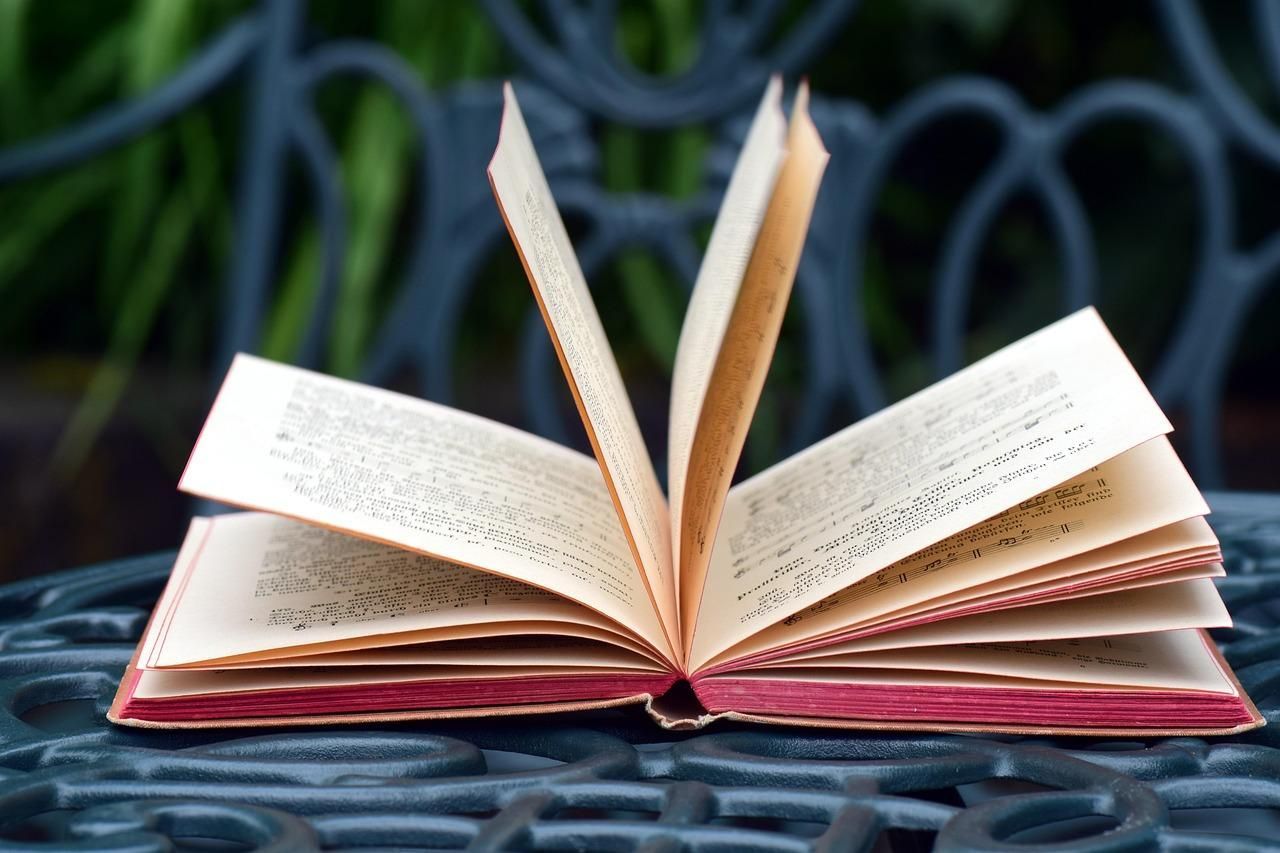 Credit: ulleo
Credit: ulleo
"After all, tomorrow is another day", says Scarlett O’Hara, with her characteristic stubborn optimism, at the end of Gone With the Wind. With this short but forceful line, one of America’s most beloved characters claims her place in literary legend.
Margaret Mitchell’s indomitable heroine refuses to surrender, brushing off heartbreak, war, and ruin with pure grit. For readers of the 1930s, still weathering the Great Depression, her words struck a deep chord. They spoke to an entire nation’s belief that no matter how dark the present feels, there’s always a sunrise waiting on the horizon.
1984 by George Orwell
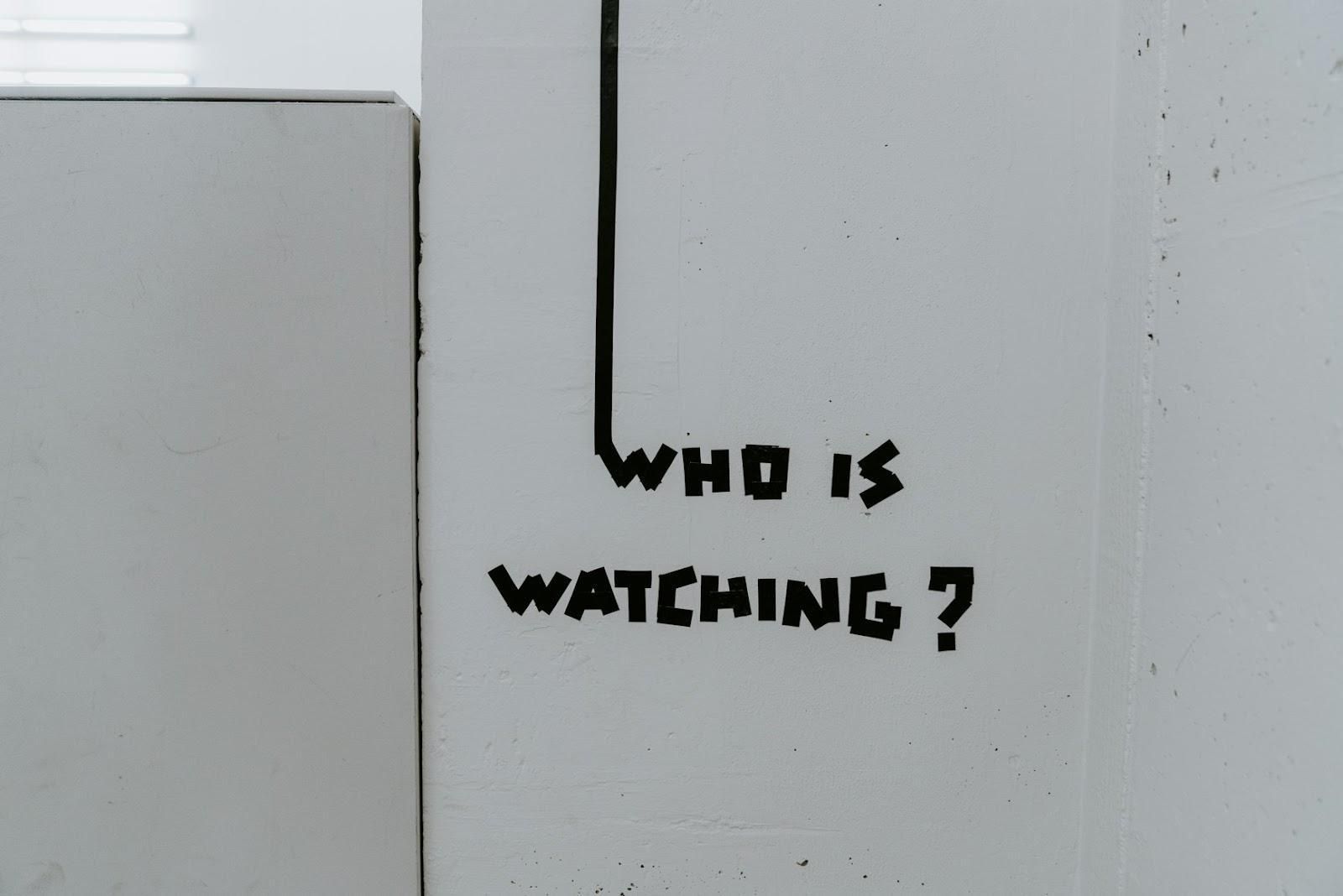 Credit: Claudio Schwarz
Credit: Claudio Schwarz
What if the rebel you admire ends up embracing the very thing he fought against? Orwell’s chilling last line, "He loved Big Brother," is a gut punch. In six words, he captures the quiet horror of total surrender. The man who once defied authority now worships it, his spirit broken and his will erased. With these words, George Orwell expresses how fear and control can reshape the human soul. Decades later, the final line of 1984 still echoes like a cautionary tale: the greatest danger isn’t losing your freedom, but forgetting what freedom feels like.
Moby-Dick by Herman Melville
 Credit: Gabriel Dizzi
Credit: Gabriel Dizzi
The final words in Moby-Dick roll like thunder, heavy with salt and sorrow, as if the sea itself were writing its own eulogy. "Now small fowls flew screaming over the yet yawning gulf…" describes Herman Melville at the end of a tale that depicts the futility of human pride against nature’s boundless power. When the waves finally close over Ahab’s doomed ship, they seem to erase everything—ambition, vengeance, even memory—reminding us that the ocean, vast and ancient, always has the last word.




